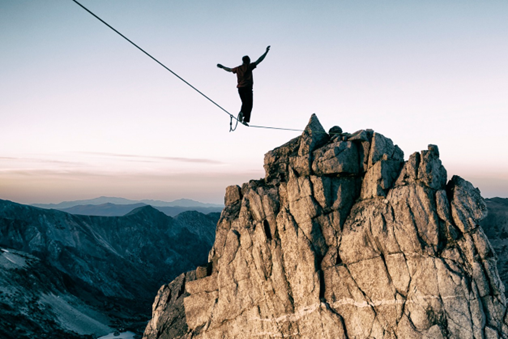Exploring the World Alone: SOLO TRAVELLING

Solo traveling is a unique and fulfilling experience that allows individuals to explore new places and cultures on their own terms. It gives travelers the freedom to create their own itinerary, make their own decisions, and challenge themselves in new ways. Solo travel can also be a great way to learn about oneself and to develop independence and confidence.
While it can be daunting to travel alone, it often leads to meaningful connections with locals and other travelers.
However, safety should always be a top priority, and travelers should research their destination, take precautions, and trust their instincts while traveling solo.
The primary benefits of solo travel are numerous and compelling
Freedom:

Above all else, traveling alone means having complete freedom to do as you please (within the confines of the law, of course). No more disagreements with your travel partner over itinerary planning; traveling solo allows you to plan everything out or be spontaneous as you see fit.
Personal Growth:

We’ve all heard the cliché “go find yourself,” but solo travel is an opportunity to discover your independence and gain a sense of accomplishment from successfully completing your first solo trip. You’ll learn how you behave and react in unpredictable situations abroad, and your confidence will undoubtedly grow.
Adventure:

No matter what you do on a solo trip, it will feel like an adventure. Leaving your comfort zone, visiting a new place, meeting new people, and creating lasting memories are just a few of the things that happen on a daily basis when you choose to travel solo.
If this is your first time traveling alone, it’s natural to feel a little anxious and have numerous questions and concerns.
To ensure a smooth and enjoyable trip, it’s essential to prepare beforehand.
Preparation:

Planning ahead can help you avoid unnecessary stress and unexpected situations.
One of the first things to do is to get an idea of which places you want to visit. It’s helpful to do some research on the places you plan to go and check if they are easily accessible by train or bus.
You should also find out about areas to avoid in your destination. Additionally, it’s essential to make sure that your plane lands during the day and not in the middle of the night.
Budget stay:

If you’re traveling on a budget, consider staying in a hostel instead of a hotel. Hostels are generally cheaper and are a popular choice for solo travelers. They also provide an opportunity to meet other travelers and make new friends. Many hostels organize social events, such as drinking games, which can be a great way to socialize and have fun.
Personal time:

While it’s important to have some activities planned, it’s also essential to have some free time. Don’t try to pack your trip with too many activities, as this can lead to exhaustion and take away from the overall experience. Instead, mix some pre-planned activities with free time to have a flexible schedule. This way, you can be spontaneous and do something impulsive with the people you meet along the way.
Less data on Phone:

It’s important to note that you should not rely solely on your phone while traveling. Your phone may get lost, stolen, or run out of battery, leaving you stranded without access to important information. It’s a good idea to have some plans or ideas written down or printed out as a backup. This way, you’ll still have access to essential information even if your phone is not available.
Traveling alone can be a thrilling experience, but it’s essential to plan and prepare accordingly. By following these tips, you can ensure a safe, enjoyable, and memorable trip.




